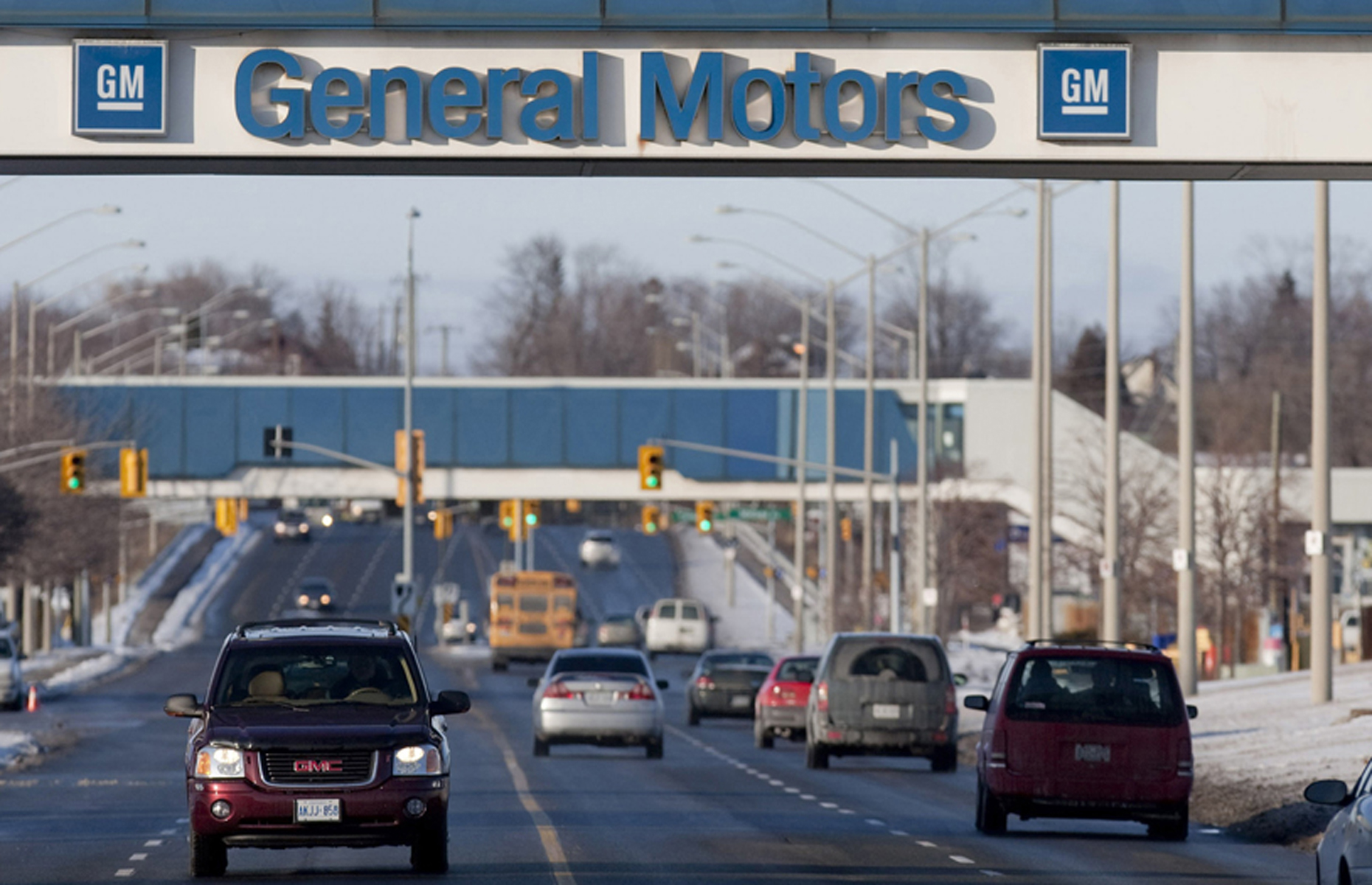Ahead of the Curve: What the GM Closings Mean for 3PLs
 |
The news late last month that General Motors plans to cut up to 14,000 workers in North America and put five plants up for possible closure gives TIA members pause to consider what – if any – effect it will have on the logistics industry. “The ripple effect will be huge,” observed Evan Armstrong, president of logistics research firm Armstrong & Associates Inc. in West Allis, WI. “Third-party logistics firms and trucking companies managing inbound milk runs, [parts] sequencing operations and material transport are going to be hurt along with car haulers.” |
|
The restructuring reflects changing North American auto markets as manufacturers continue to shift away from cars toward SUVs and trucks. In October, almost 65 percent of new vehicles sold in the U.S. were trucks or SUVs. “The GM plant closings is certainly very unfortunate for the communities in which those plants are located but the ripple effect can be rather extensive,” said TIA member Devin Reilly, Managing Member of the Cincinnati-based Custom Pro Logistics. “Whenever manufacturing supply chains are disrupted or forced to shift, the impact extends outside of those communities and effects that plant's vendors, suppliers, and transportation providers who all rely on GM for consistency and contracted freight.” The reduction includes about 8,000 white-collar employees, or 15 percent of GM's North American white-collar workforce. Some will take buyouts while others will be laid off. Among the closings are the Detroit/Hamtramck assembly plant, the plant in Lordstown, Ohio, (which makes the now defunct Chevrolet Cruze) the Warren, MI., transmission plant, the Baltimore transmission plant and the GM plant in Oshawa, Ontario. Said Reilly, “It is difficult to actually quantify the total financial impact these closures will ultimately have but it certainly is not a positive for the carriers bringing in raw materials or the auto haulers who get the cars to dealerships. With the labor market so tight, you hope those affected directly that will be laid off will be able to find work quickly.” Plus, he added, “If they had a CDL, they certainly would have little problem finding work." A report by the Center for Automotive Research in February documented the change in vehicle preferences with sport-utility, crossover-utility and light trucks accounting for nearly two-thirds of all vehicles sold in the United States in 2017. Vehicle haulers are already dealing with some of these changes as larger vehicles take up more space on trailers, resulting in higher costs for deliveries, and rail carriers struggle to supply rail equipment that can accommodate greater volumes of trucks and SUVs. |